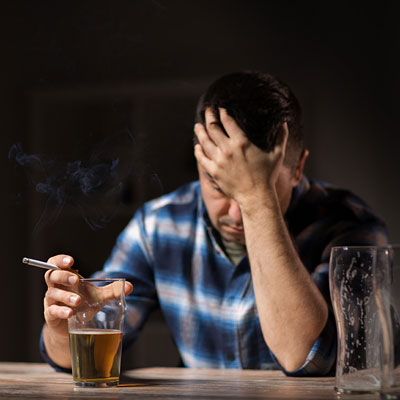Deaddiction
Deaddiction is the process of helping individuals break free from dependency on substances like drugs, alcohol, or addictive behaviors. It involves structured programs and therapies to overcome both physical and psychological dependency. Addiction can have profound effects on a person’s health, relationships, and social functioning, making deaddiction a crucial step for those seeking to reclaim control over their lives.
Effective deaddiction programs often incorporate medical intervention, counseling, and support groups. Medical treatments may include detoxification to manage withdrawal symptoms, as well as medications to address cravings and stabilize mood. Counseling, whether individual or group-based, helps patients explore the root causes of their addiction, develop coping mechanisms, and rebuild self-esteem. Peer support groups also play a significant role, offering individuals a sense of community and shared experience that fosters accountability and encouragement.
The journey of deaddiction is challenging, as it requires consistent effort and commitment to avoid relapse. Family support, professional guidance, and sometimes long-term follow-up care can be essential to successful recovery. With the right resources and support systems, many individuals achieve lasting sobriety and improve their quality of life, gaining freedom from the constraints of addiction.
